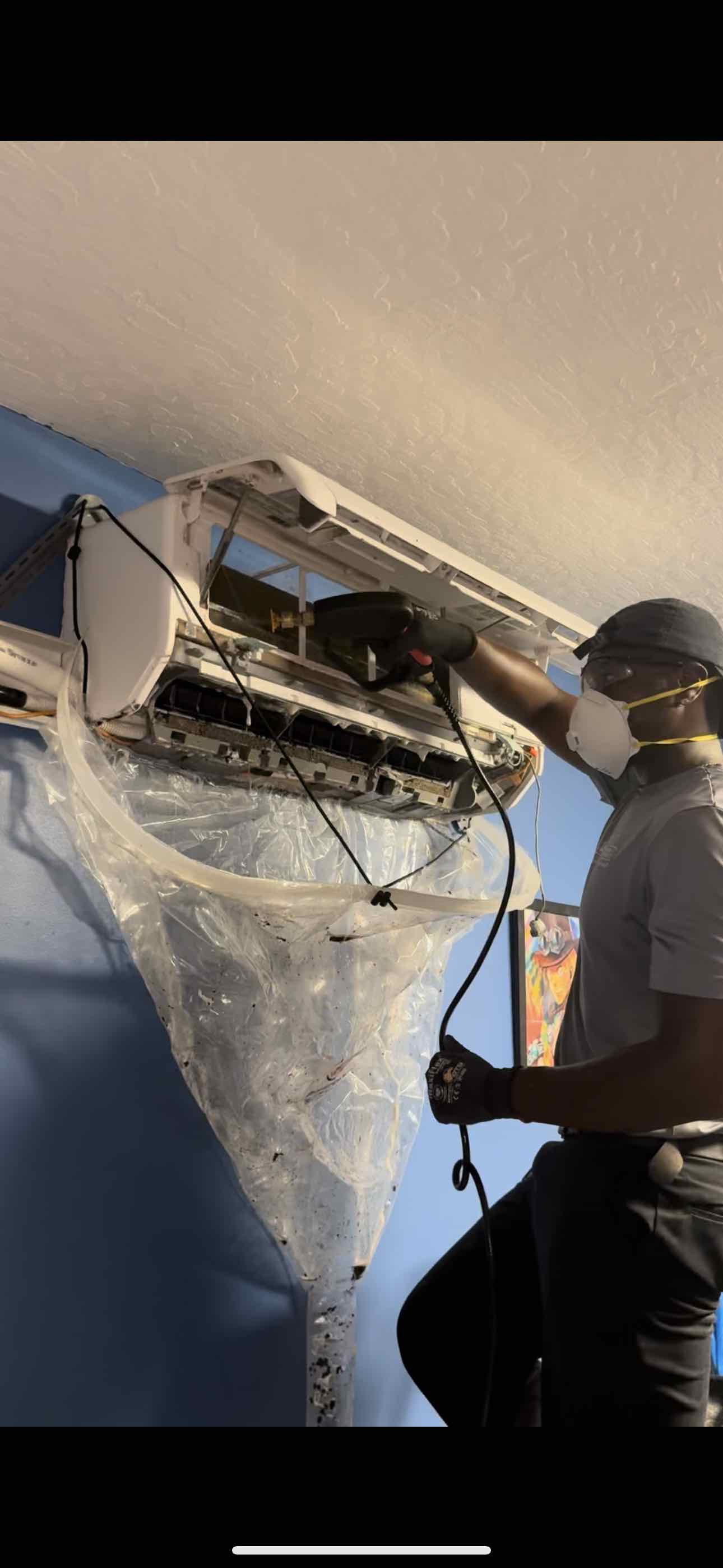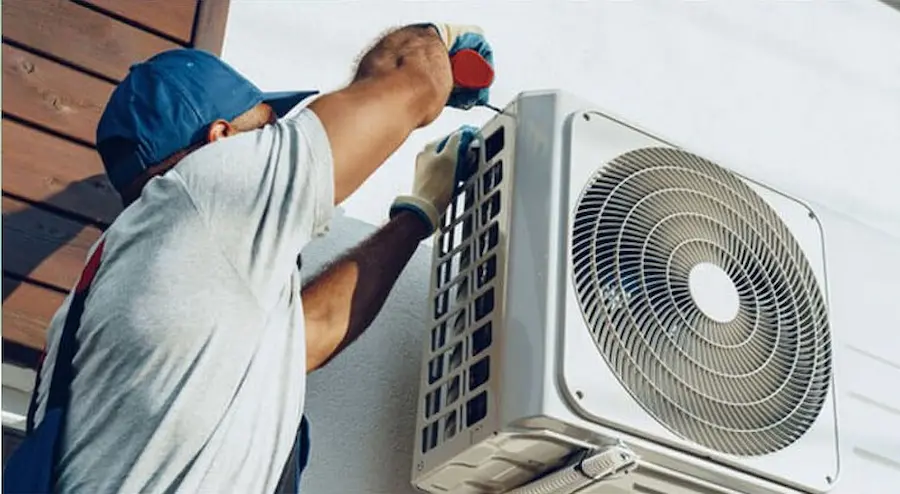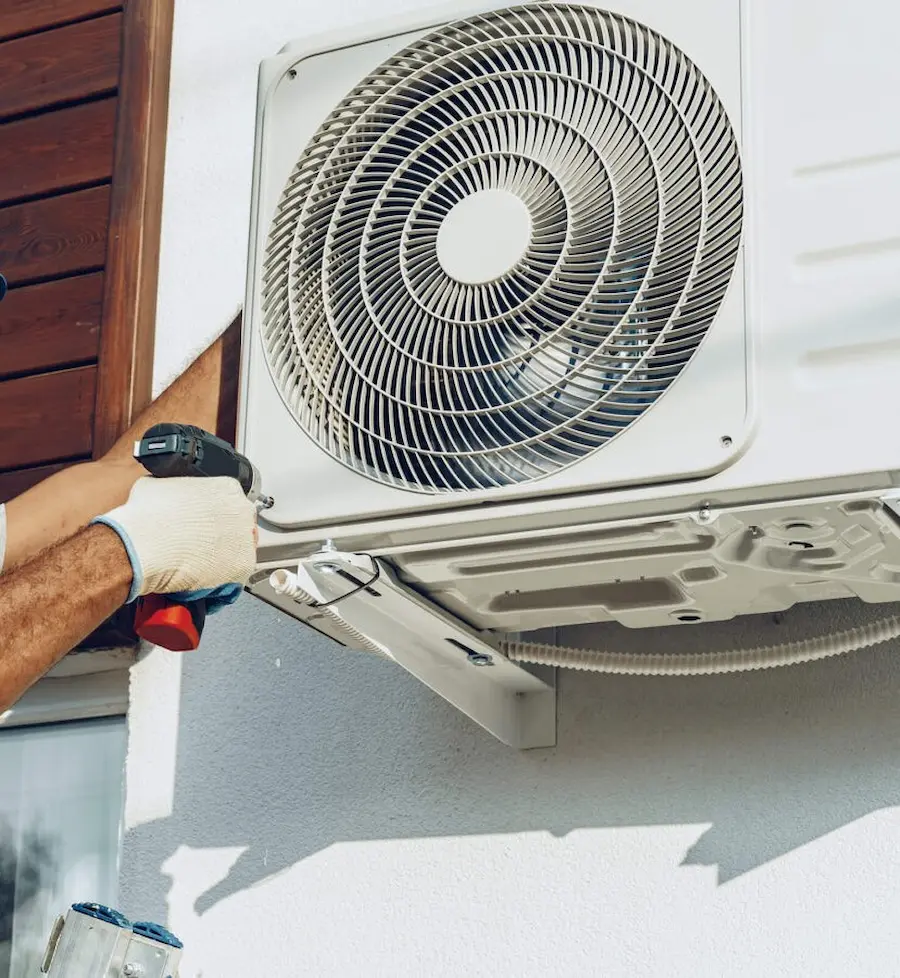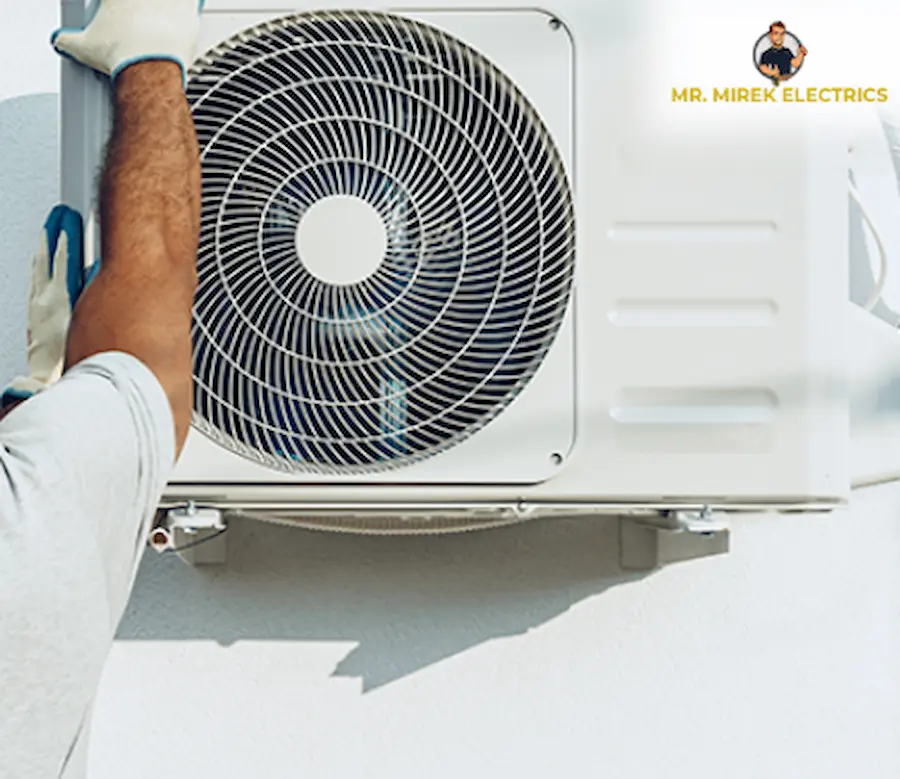What to Do When Your Circuit Breaker Trips During a Storm
Florida’s storms can arrive suddenly, turning a sunny afternoon in Palm Bay into heavy rain, gusty winds, and lightning in minutes.
For homeowners, the first sign that your home’s electrical system is under stress often comes in the form of a tripped circuit breaker.
While it can be tempting to reset the breaker immediately, understanding why it tripped and whether it signals a deeper problem is essential for your family’s safety.
Why Circuit Breakers Trip During Storms
Circuit breakers are designed to protect your home from overloads and short circuits. When a breaker trips, it’s doing its job: shutting off the flow of electricity to prevent overheating, fires, or damage to appliances.
In many cases during a storm, breakers trip because moisture has entered an outlet or fixture, or because lightning has caused a temporary surge. Before attempting any troubleshooting, it’s crucial to keep safety in mind.
Always ensure your hands and feet are dry, and never touch a breaker panel if it’s wet or if you notice signs of water nearby. DIY electrical work can be dangerous, so caution is key.
Basic Troubleshooting Steps
Start by turning off and unplugging appliances and electronics on the affected circuit. Reset the breaker carefully, standing to the side rather than directly in front of the panel.
If it holds, the issue may have been a temporary overload caused by multiple devices running simultaneously, or a minor surge during the storm.
However, if the breaker trips again immediately or soon after, this is a red flag indicating a potentially serious problem such as damaged wiring, a faulty breaker, or moisture intrusion into the system.
Inspecting Outlets and Fixtures
Inspect accessible outlets and fixtures for obvious signs of damage or water infiltration. Pools, outdoor lighting, and even air conditioning units in Palm Bay can introduce moisture to circuits during heavy rain.
Corrosion, discoloration, or a faint burning smell are warning signs you shouldn’t ignore. In these cases, calling a licensed electrician is the safest move. Searching for “electrician near me Palm Bay” or checking local reviews can connect you to qualified professionals who understand Florida’s unique electrical and weather challenges.
Preventative Measures for Storm Seasons
One practical preventative measure homeowners can take in Brevard County and Indian River County is to maintain outdoor and storm-prone circuits with proper weatherproofing. GFCI outlets and waterproof covers protect against short circuits caused by moisture, while surge protectors safeguard sensitive electronics during lightning activity.
Annual inspections of your breaker panel, outlets, and major appliances reduce the likelihood of sudden trips and give peace of mind before the storm season hits full force.
Upgrading Older Panels
Another consideration is the age and condition of your electrical panel. Homes built decades ago may have panels that cannot safely handle today’s energy demands. Frequent trips in older homes are often a sign that the system is overloaded or that a breaker has worn out.
Upgrading to a modern panel not only minimizes risk during storms but also supports safer energy use across your property.
When to Call a Licensed Electrician
When a storm has passed, it’s tempting to resume normal activities immediately. But if any circuit shows repeated issues, if you detect unusual smells, sparks, or persistent tripping, delay plugging appliances back in.
Electrical safety in Palm Bay depends on addressing these warning signs promptly. A professional inspection ensures that what might look like a minor inconvenience is not a hidden fire hazard. Columbus Energies and other trusted local providers emphasize that preventative care is as important as emergency response.
By understanding why breakers trip, taking simple initial precautions, and calling a licensed electrician when signs of damage appear, you can protect your home, family, and devices from storm-related electrical hazards.









